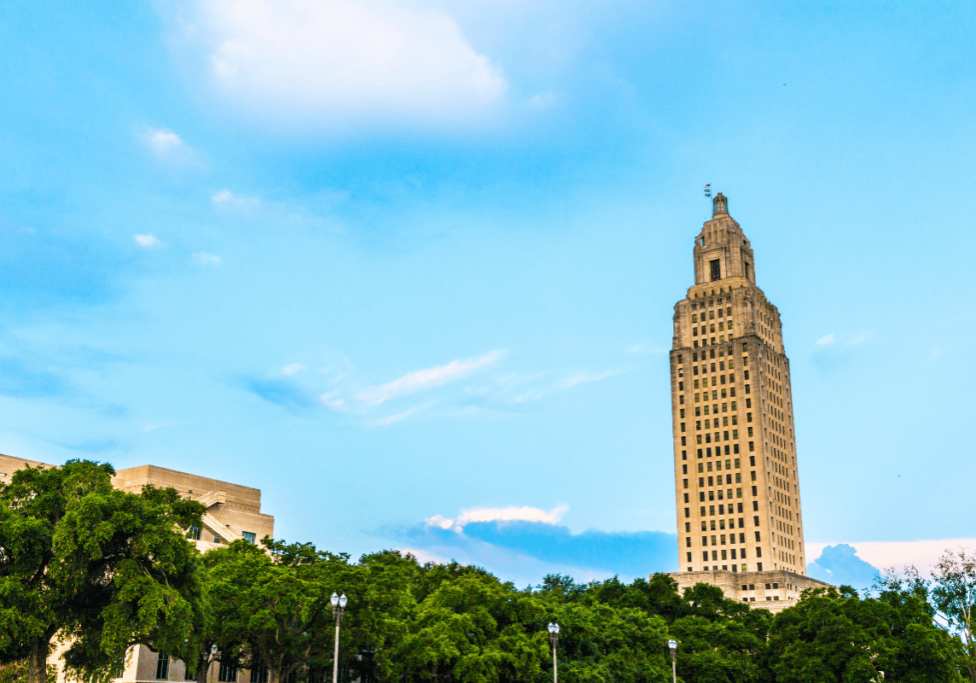Louisiana’s economy should work for everyone, not just the wealthy. That means ensuring all jobs come with good wages and benefits, that every child has access to great schools and that a strong public safety-net is there for people who fall on hard times. In the 2024 session, Gov. Jeff Landry and the Legislature missed important opportunities to make new, needed investments in Louisiana’s children, families and communities, and took a step backwards on policies that protect and support working people.
With state revenues holding steady after years of growth, lawmakers steered more money to police and prisons while cutting support for early childhood education. They refused to give public school teachers a raise, and once again failed to establish a state minimum wage. And they made life harder for struggling workers with bills that cut the duration of unemployment benefits and eliminated the state’s ability to get waivers from federal work reporting requirements.
Legislators also created a new private school subsidy plan – “education savings accounts” – that has the potential to strain the state budget in future years once it’s fully implemented.
There were also some notable bright spots – in bills that passed and some that failed to gain traction. Legislators wisely resisted the urge to pass major tax cuts, and set aside new money to help colleges and universities deal with their lengthy backlog of deferred maintenance. Lawmakers also insisted that Louisiana accept available federal assistance to help low-income families put food on the table. A $3.5 million appropriation included in the budget will help 600,000 children have more food to eat during the summer months, when school is out of session.
Perhaps most important, state senators listened to their constituents by refusing to go along with Landry’s top legislative priority – a rushed, two-week convention to rewrite the state constitution. While Louisiana’s constitution is far from perfect, any attempt to rewrite this founding charter should be done in a careful, transparent manner that gives citizens the ability to elect delegates and provide input.
Louisiana faces serious fiscal headwinds in 2025, as an expiring 0.45% state sales tax has helped create a $559 million budget shortfall that legislators will be charged with solving during next year’s “fiscal” session. As legislators head home for a much-needed break from Baton Rouge, Invest in Louisiana hopes they will stop fiddling with the constitution and focus on the real work of raising the revenue needed to balance next year’s budget without cutting critical services.
